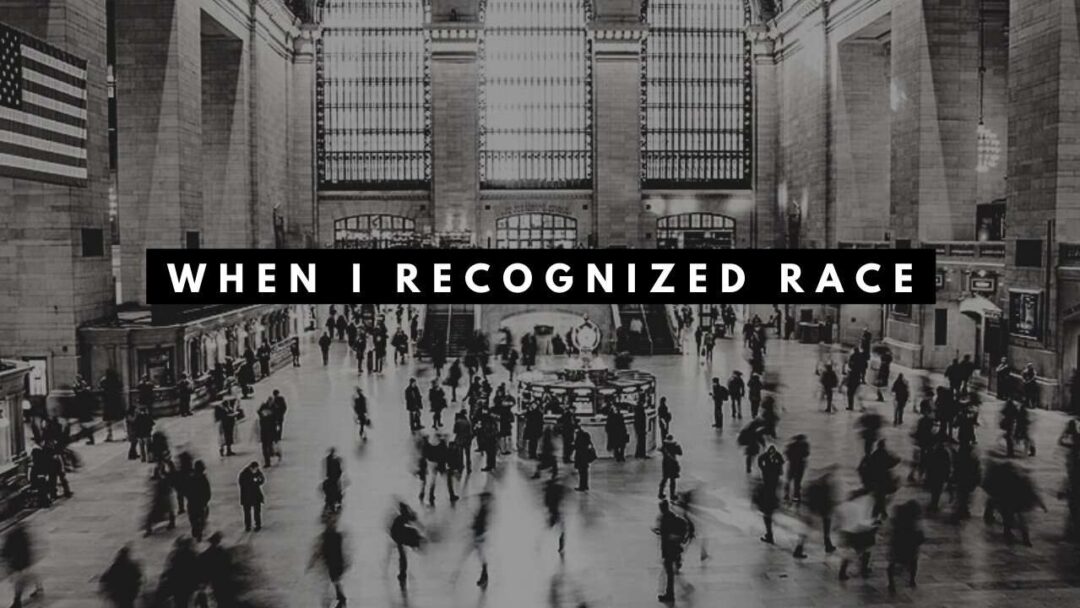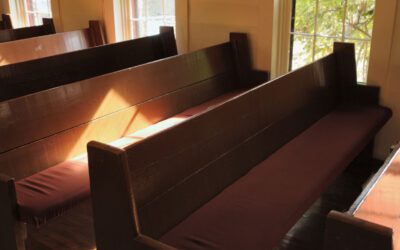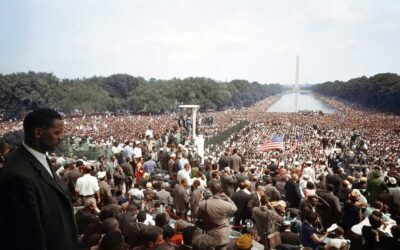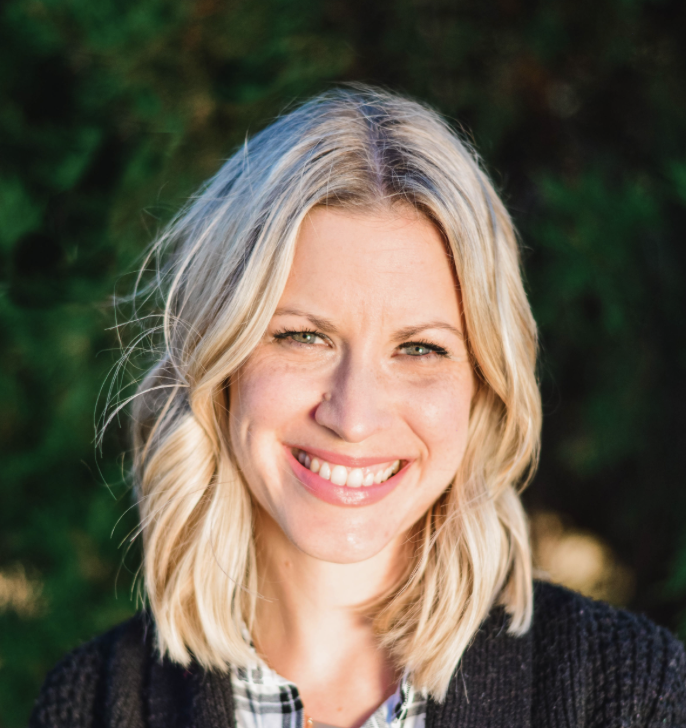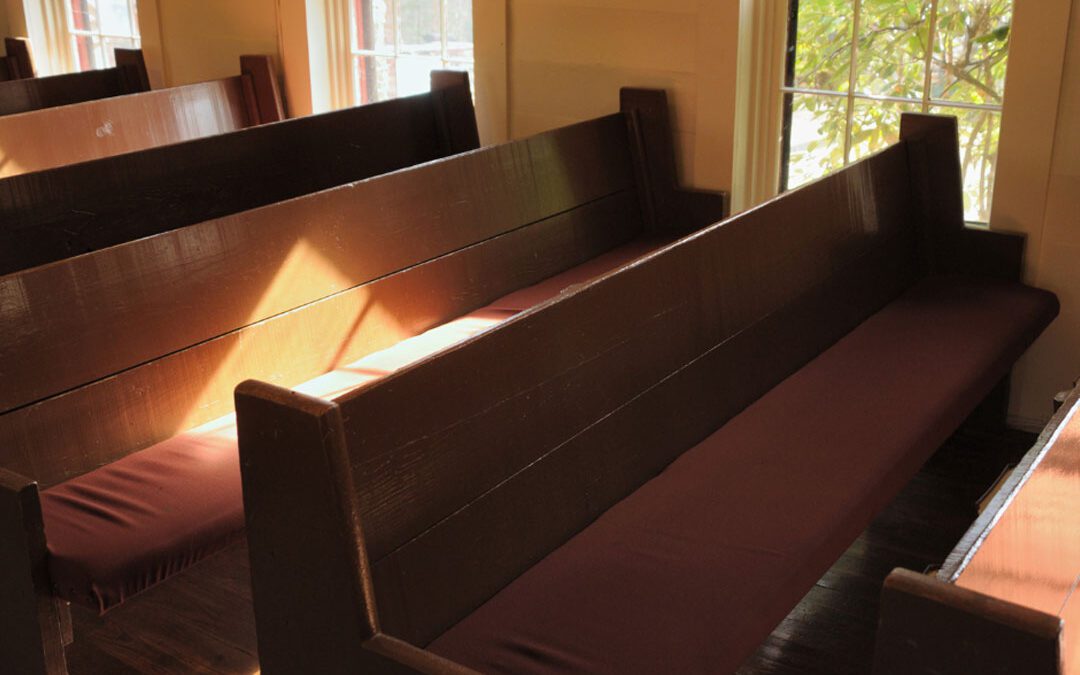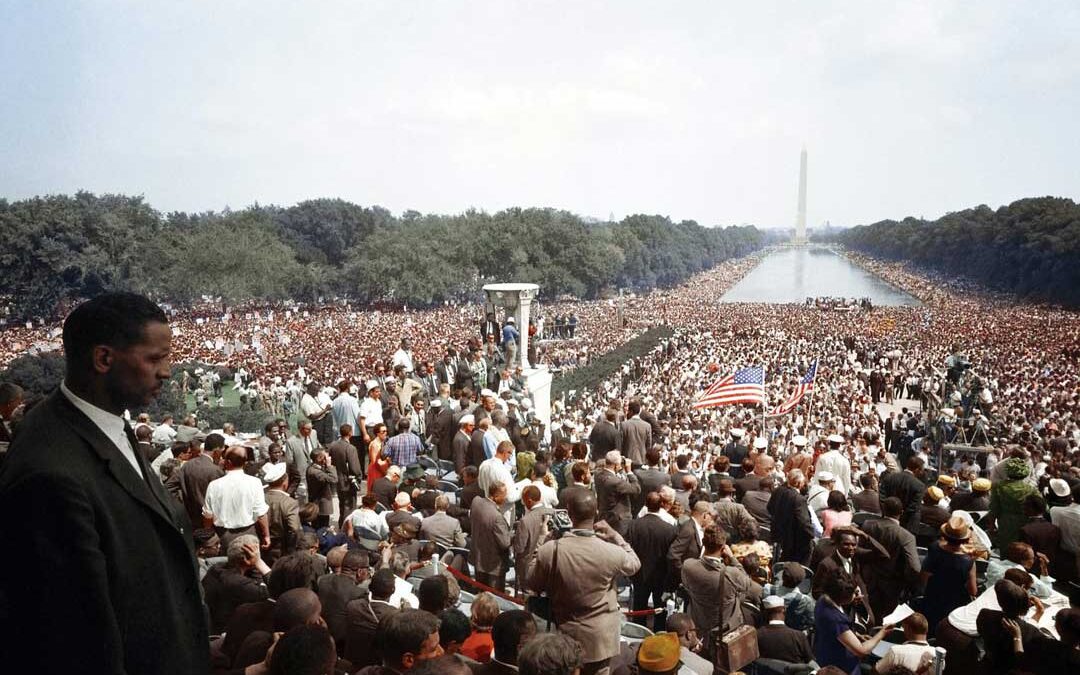Editor’s Note: This post is a part of a series called, “When I Recognized Race” in which brothers and sisters share about how they came to grapple with the realities of race and racism. The point of this series is not to convey, “Look at how racially conscious I am!” Rather, the point is to help brothers and sisters learn how to learn (or how not to learn) about race and to lament the realities that makes it necessary to learn. And yet God gives more grace. So, these posts are part testimony and part lament.
I don’t usually sob on my morning run, but that day was different. It was a cool February morning, and I had recently heard a podcast. It dealt with women’s health and the “father of modern gynecology”—J. Marion Sims. I am fairly interested in women’s health, so I figured I would learn something new.
Instead, I heard a horror story.
I had always considered myself fairly aware of racial tension and injustice. I grew up in a home where the sins of our nation’s past were never glossed over. Racism was denounced. Diversity was welcomed. I spent most of my school days around kids who didn’t look like me, so I don’t remember a specific moment where I suddenly became aware of people who didn’t. We all looked different, and that was normative.
But what I was not aware of was the diversity of our experiences. I am white. I grew up in a middle class, Christian family. While diversity was normal, my classmates faced barriers I didn’t even know existed.
But that morning on my run, it felt like years of listening finally caught up to me. And I was undone.
J. Marion Sims is widely praised for being the man who founded modern gynecology. With each mile ran on that dark February day, I learned not of Sims’ discoveries, but of the women he abused in the name of discovery. Slave women, many of whom are nameless. And it hit me—I am here, in some sense, because of what they endured. My children exist because theirs did not. J. Marion Sims has medical schools named after him. These women can’t even be identified.
And all I could do was weep.
The understanding that my health was directly owing to the medical experimentation done on my fellow image bearers was all it took to give me a renewed awareness that the America I had long thought was pretty great, was never great for an entire demographic of people.
Around the time I heard of these nameless slave women, I also was reading The Warmth of Other Suns. The book chronicles the history of the Great Migration of African-American men and women who fled the Jim Crow South in hopes of a better, safer life in the North. Yet these men and women found that racial injustice is no respecter of the Mason-Dixon Line.
Learning our nation’s history left a pit in my stomach that remains to this day, alongside a cry in my heart. Like the psalmist, I cry, “How long, O Lord?” (Psalm 13:1). Often the psalmist recounts all that he has seen and knows, and he is left breathless as a result. He sees grief, despair, sin, betrayal, injustice. And he asks God to show up. In the psalms, we see a lot of trust. But in the psalms we also see a whole lot of question asking. Where are you God? The psalmist often cries. When we talk about racial injustice, we find ourselves in the very same position.
We know God created humanity in his image (Genesis. 1:26-27). We know He hates injustice (Isaiah 61:8). We know He desires the nations to come to him in worship (Matthew 28:19-20). We know unity is what He wants for us (Ephesians 4:3). But yet, we see so much of the opposite all around us. So, we ask God to show up, even when He seems absent. And like the psalmist, we wait, and then lament some more.
Many of my white brothers and sisters do not have a historical awareness of the darkness of our nation’s history, or how we benefit from it. Yet so many of our minority brothers and sisters live with this awareness every day.
For a long time I thought the injustice of our history was exactly that—ancient history. But it is not. It manifests itself in different ways. Yet once you learn of the history, you begin to better see how sin, especially sin that has never been repented of, takes a long time to root out. For example, the underlying assumptions about African-American women and pain that led Sims to operate without anesthesia often leads to black women facing injustice with medical care today. So we lament and pray for change. And we weep, on a morning run or with a Bible open in front of us, asking God to make all things new.
Prayer Requests:
Here are some ways I have prayed in recent years as I have thought about racial injustice:
- Pray for awareness on the part of those who are part of the majority culture. Pray that the awareness would come in the form of a genuine desire to love their brothers and sisters of color.
- Pray for repentance of all racism, whether inadvertent or obvious, in the hearts of Christians.
- Pray for courage to speak boldly when racism is present. I have found myself retreating in fear a lot recently when I hear comments that are racist. I want more courage to speak to friends about this when these comments come up (so you can pray for me about this!)

